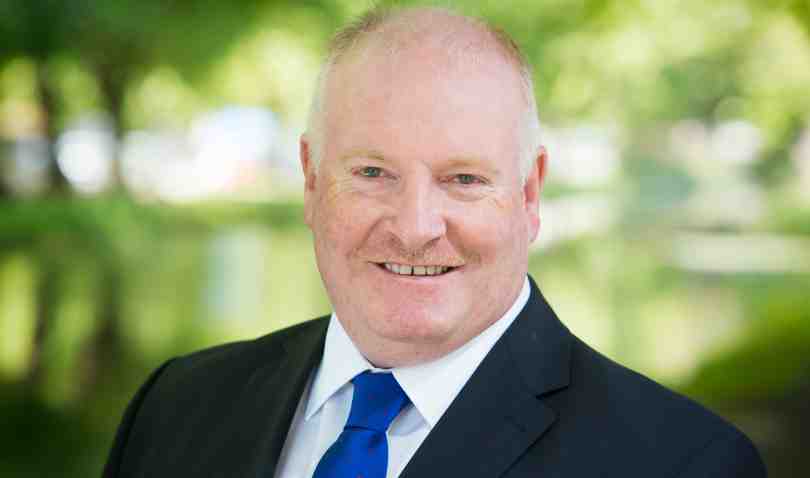Insolvency and restructuring expert Brendan O’Donoghue, partner at RBK, explains how companies should handle financial troubles
Since trading restrictions were introduced in March 2020, there has not been a notable spike in insolvencies. What do you expect to happen when supports are tapered and eventually withdrawn?
I expect that many business are currently experiencing the benefit of pent-up public demand for goods and services as restrictions lift and Ireland opens back up.
Unfortunately, however, there are some business which will not be able to recover once state supports and creditor forbearance are eased back and ultimately withdrawn. Businesses which were already experiencing financial difficulty before the pandemic will likely find their ability to continue to trade untenable in many instances.
When a business knows it is in financial trouble, what’s the first thing the directors should do?
Directors should be aware that when a company becomes insolvent their duty of care as directors shifts to its creditors rather than its shareholders. Therefore, directors should not take decisions which could worsen the position of their creditors e.g. taking additional credit, continuing to trade etc.
Some practical steps which can be taken to assess the position as are follow:
- Directors should prepare detailed cashflows based on realistic and achievable assumptions
- Directors should meet more frequently and document their decisions
- Directors should seek advice from their own accountant and, in some cases, from an independent insolvency practitioner.
Why should smaller companies with distressed balance sheets give serious consideration to the promised Small Company Administrative Rescue Process?
SCARP is the emergent rescue mechanism for SMEs, as a more simplified and cost effective alternative to the current Examinership process.
It will be available to companies that meet two of the following three criteria:
- Have a turnover of less than €12m
- Have a balance sheet total less than €6m, and
- The average number of employees is less than 50.
It is suitable for up to 98% of companies in Ireland. The strength of SCARP is that it is an out-of-court process initiated on the passing of a resolution by directors and overseen by an insolvency practitioner.
Provided that there are no objections to the scheme, it will not require court approval to be successful. Subject to the final legislative provisions, it is expected that the entire process will take no longer than 70 days, significantly shorter than the current examinership timeframe.
With less court interaction, SCARP is expected to be a less costly process and therefore within reach of small and micro businesses seeking a restructuring solution.
Ultimately, it will provide a lifeline for viable but insolvent companies to reach a compromise with its creditors, enable it restructure its balance sheet and to continue its business in the future.
How successful have you been at effecting settlements between distressed clients and their creditors? Is the insolvency infrastructure adequate for such informal arrangements or could it be improved?
RBK Restructuring & Insolvency has significant experience in assisting and representing clients in settlement negotiations with their creditors. Many of these engagements are informal in nature and are best suited where there is a small number of large creditors. They are, however, not binding on all creditors and can be time consuming — particularly where creditor numbers are large.
Currently, formal arrangements with creditors become binding on all creditors where there is approval by 75% of creditors, both in number and value.
I believe that if this threshold was reduced to 50% plus one, as envisaged by the proposed SCARP legislation, it would have a positive knock-on benefit in negotiating and formulating informal schemes.
When directors decide to embark on a voluntary liquidation, why do they need to be careful about their choice of liquidator?
For many company directors, the insolvent liquidation of their business can be a stressful and traumatic experience for them personally. It is important that they select an experienced Insolvency Practitioner who can navigate them through this process in a clear and transparent manner to deliver the best outcome for creditors.
RBK has offices in Dublin, Athlone and Roscommon with a well-resourced and experienced team, having undertaken many insolvency assignments both large and small throughout the country. We provide specialist independent advice to company owners, directors and their own advisors regarding restructuring and insolvency related matters. We can also advise company creditors on their options in circumstances where their customer is entering into either a formal insolvency process or seeking an informal settlement arrangements.
We have a dedicated, confidential corporate recovery helpline on (01) 644 0103 — or email corporaterecovery@rbk.ie — to support directors, managers and business owners as the economy reopens.
• Brendan O’Donoghue (pictured) is head of restructuring and insolvency at RBK, a fellow of CPA Ireland, and an insolvency practitioner for more than 30 years










